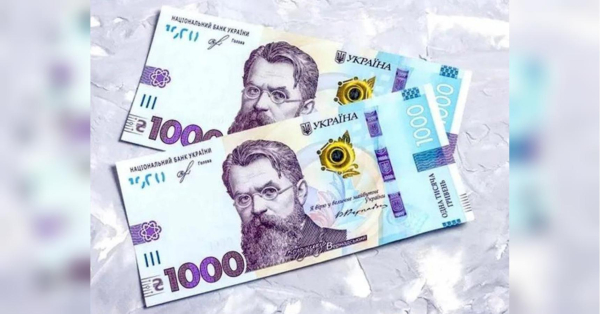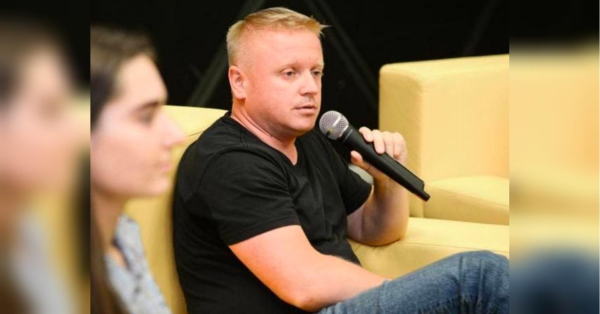
PRISTINA, Kosovo — A United States envoy of Friday urged Serbia and Kosovo to implement a European Union-facilitated agreement on normalizing their relations, calling it the best option to preserve peace and security in the region.
Envoy Gabriel Escobar was in Pristina ahead of Saturday's summit meeting between Serbian President Aleksandar Vucic and Kosovar Prime Minister Albin Kurti in Ohrid, North Macedonia.
“We think that this European proposal, facilitated through the EU dialog, offers a tremendous opportunity to create a peaceful, sustainable and productive relationship between two countries, two important countries of the region,” Escobar said after talks with Kosovo’s President Vjosa Osmani.
Last month in Brussels, Vucic and Kurti gave their tacit approval to the EU plan to end months of political crisis and help improve ties. The summit will tackle the most contentious issue on which the two sides fundamentally disagree – the recognition of Kosovo's statehood.
Vucic said Thursday he won’t “sign anything” during the summit. The EU plan calls for the two countries to maintain good neighborly relations, recognize each other’s official documents and national symbols, and would see Belgrade allow Pristina to seek membership in the EU and U.N..
Kurti has hailed the agreement as a firm step toward a final deal on mutual recognition likely later this year. Concluding such a deal has gained added importance amid concerns that Russia could attempt to stir instability in the volatile region where it holds historic influence.
Tensions have simmered between Serbia and Kosovo, whose independence is recognized by many Western countries, but is opposed by Belgrade with the backing of Russia and China.
Kosovo is a majority ethnic Albanian former Serbian province which broke away in 2008. That came nine years after the end of a 1998-99 war, which erupted when separatist ethnic Albanians launched a rebellion against Serbia’s rule, and Belgrade responded with a brutal crackdown. About 13,000 people died, mostly ethnic Albanians.
In 1999 a NATO intervention forced Serbia to pull out of the territory and ended the war, but tensions over Kosovo’s status remain a source of instability in the Balkans. ___ Semini reported from Tirana, Albania.
Sourse: abcnews.go.com






